If you’re undergoing any kind of treatment or procedure, it’s important you’re fully informed about what’s involved.
How much experience does the doctor have?
Do they have a proven track record?
What are their contingencies in case things don’t go as planned? Ethical cosmetic surgery providers should never have any issues with you asking questions. If they do, this should raise a red flag. Here are 9 questions you should ask your cosmetic surgeon before your cosmetic procedure.
1. What are your qualifications?
Don’t feel shy asking a professional about their qualifications. You’re going to have a procedure so you’ll want to know you’re in good hands. Inquiring about what they studied and where, confirms they spent the expected amount of time mastering surgical procedures. It’s best to check firsthand that they have studied a relevant medical degree and completed their residency program. For example, in the UK, surgeons are required to graduate from a six-year specialist training program to be qualified cosmetic surgeons. If you’re having cosmetic surgery abroad, make sure you check their medical standards are equally rigorous. Turkey is a good example. They have an exceptional global reputation for cosmetic excellence. In Turkey, once a doctor completes their medical degree, they then must apply to enter the Cosmetic Surgery Specialist Program which takes a further six and a half years before sitting an exam to become a Certified Plastic Surgeon, MD.
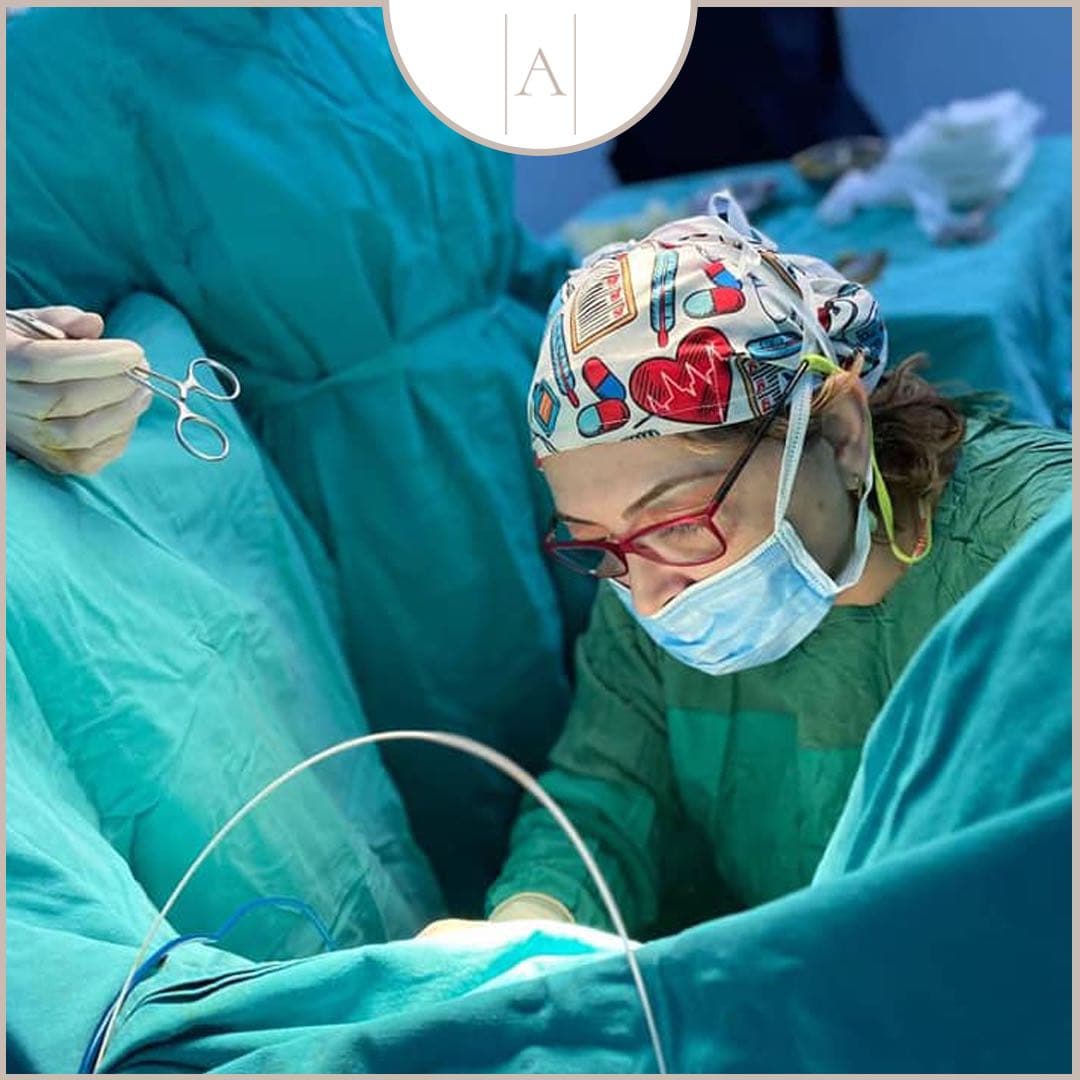
2. Are you Board certified?
Along with knowing a surgeon is fully qualified and their subsequent experience, it’s also necessary for them to be board certified in their country. Board certification is evidence that a surgeon is qualified to carry out operations that conform to contemporary medical standards. If they are board-certified, you know that your doctor has completed an internship, a residency, passed further qualifying exams and trained under supervision.
In the UK, cosmetic surgeons need to be members of BAAPs, the British Association of Aesthetic Plastic Surgeons.
In Turkey, doctors must be members of the Turkish Society of Plastic, Reconstructive & Aesthetic Surgery, an equivalent professional body to BAAPS.
Membership in these associations provides ongoing training for surgeons on up-to-date surgical techniques so that they continue to expand their knowledge and improve their practice.
3.How frequently do you perform this procedure?
Finding out how often a surgeon does a particular operation reveals how experienced and skilled they are at their work. As a surgeon repeats similar procedures, producing positive outcomes for their patients, it demonstrates they are reliable, reputable and skilled at their work. It also demonstrates that the rest of their medical team is extensively experienced and can provide you with the best medical care before, during and after surgery.
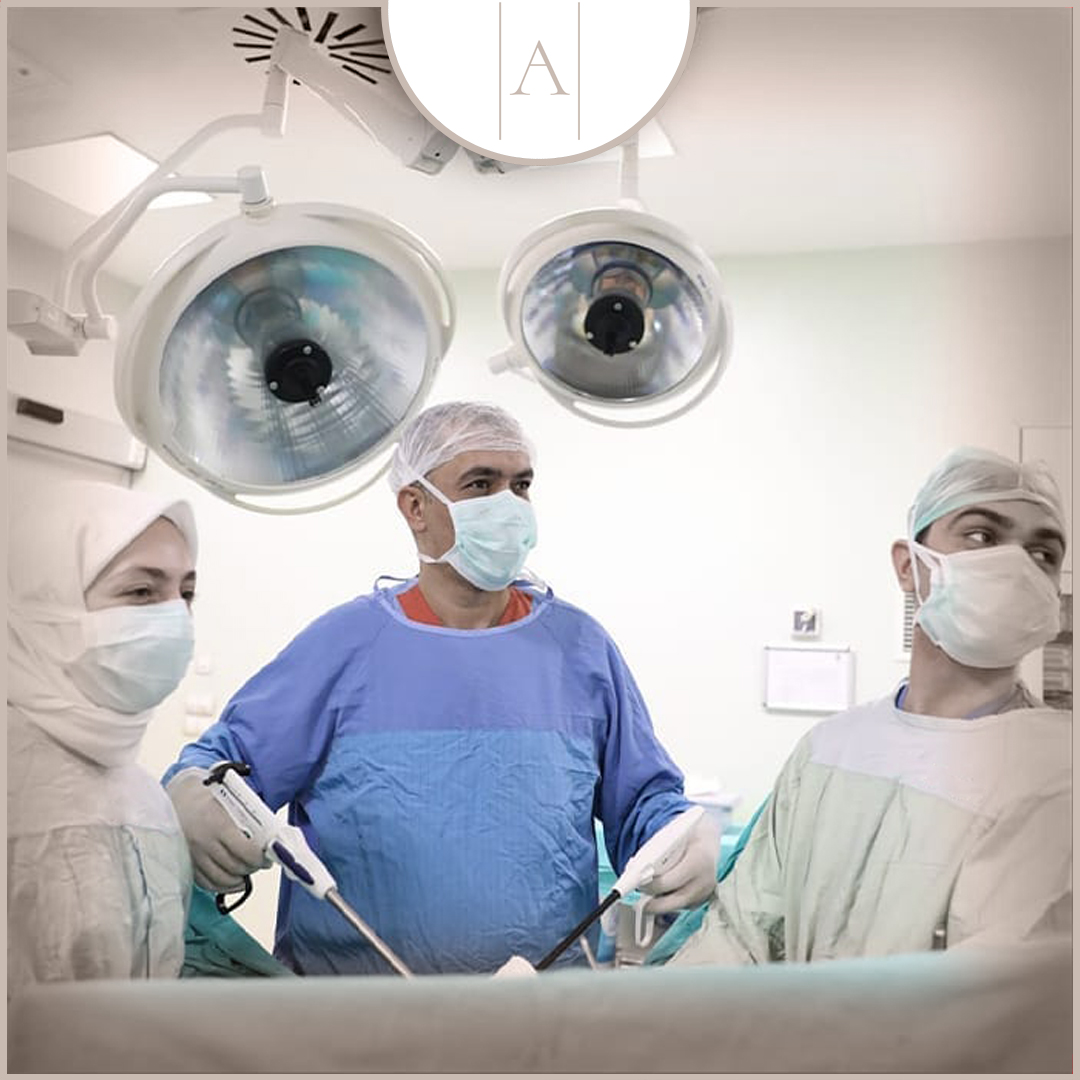
4.Do you have before-and-after photos I can look at for each procedure?
Viewing before and after photos of previous patients’ results gives you a good idea of how your surgery will turn out. If a surgeon is willing to proudly showcase their work, it shows that they’re transparent and accomplished. It’s important to ask a medical tourism provider for photos too. UK-owned and operated medical tourism agency, Asthetica, includes many real-life examples of their surgeons’ successful work – everything from gastric weight loss surgery to rhinoplasty, hair transplants through to breast implants and more.
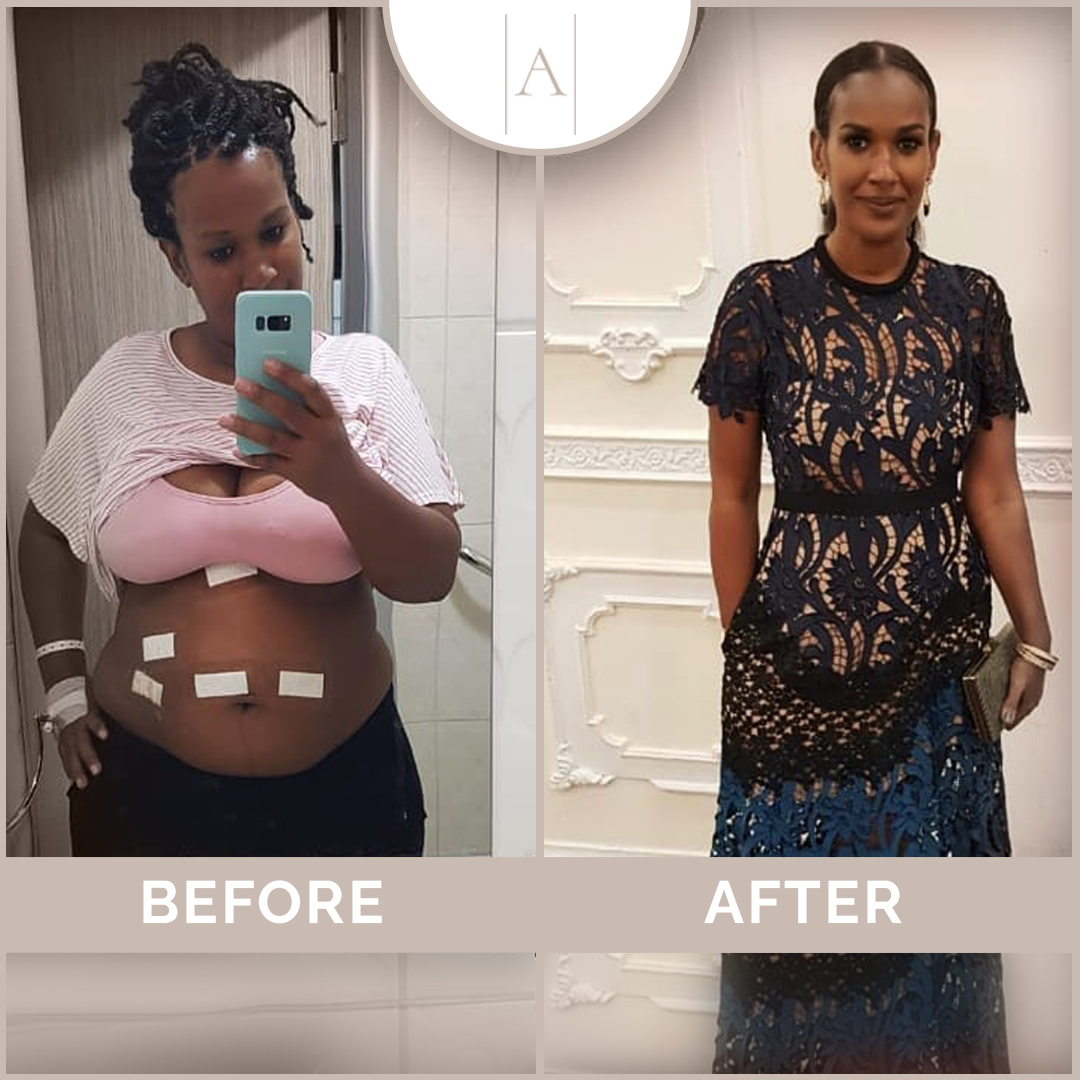
5.Is there anything I need to do prior to getting the procedure?
Preparation depends on the surgery you are opting for. Every good should properly inform you about their treatment and give you time to treat any medical conditions before surgery. Doctors often advise giving up smoking before surgery to ensure you’re in optimal health.
Before a tummy tuck, for example, you will be required to stay within a few kilos of your goal weight for at least a month before surgery. However, with Botox, you’ll simply be told to come in with a clean face, free of any product, on the day. Informing you about what actions you’ll need to take before surgery shows that your surgeon wants the best possible outcome for you, and for you to be well prepared.
6.What are the risks and possible complications for this procedure?
Every surgical procedure has an element of risk. All over the world, medical practitioners have a duty of care to inform you of the risks and possible complications of their surgery. A good surgeon will clearly explain the possible issues that could arise during or after surgery. You should also feel comfortable asking any follow up questions about the risks. Understanding any potential complications means you can make a fully informed decision and feel comfortable about proceeding (or not) with your cosmetic procedure.
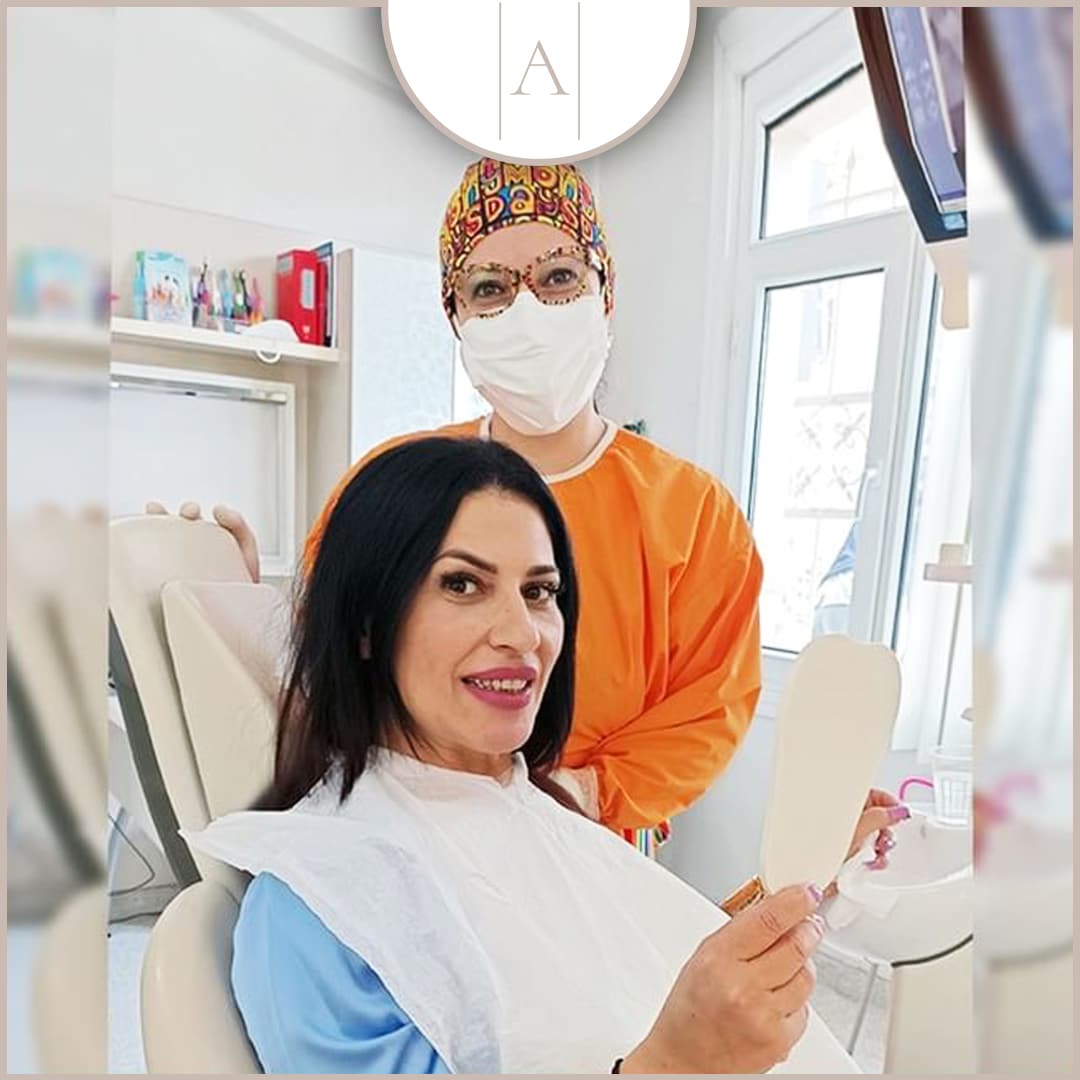
7.How will you deal with the situation if there is a complication with my procedure?
If a surgeon says they’ve never had any complications, that would be unusual. The world’s top surgeons have complications during surgery. An honest surgeon will answer all of your questions about previous complications and how they dealt with the situation. They will also explain how they will manage the situation if an unexpected medical issue arises. Rather than a surgeon who says they’ve never had any complications, expect to hear about a plan in case of any unexpected issues.
8.Will you provide any aftercare, if so specifically what?
The thought of having a procedure and little, or no, aftercare can be unsettling. Experienced, reputable doctors will ensure you receive comprehensive aftercare to ensure their recovery proceeds as well as possible. Aftercare should include follow up consultation/s to monitor your recovery and check on any bandages or drains.
Your aftercare plan should include a timeline of when to start activities again, what to eat and activities you should avoid for a period of time. As a case in point, liposuction surgeons advise patients to stop smoking, as smoking impedes blood flow and can affect the recovery and final results. Or a doctor may tell you not to do sit-ups until three months after an abdominoplasty to avoid displacing muscles that are settling back into their correct position.
You should ask also if there is any aftercare once you return home. UK-owned medical tourism provider, Asthetica, offers phone access to UK and Australian registered nurses. It’s important your health and wellbeing are first and foremost at every stage of your journey.
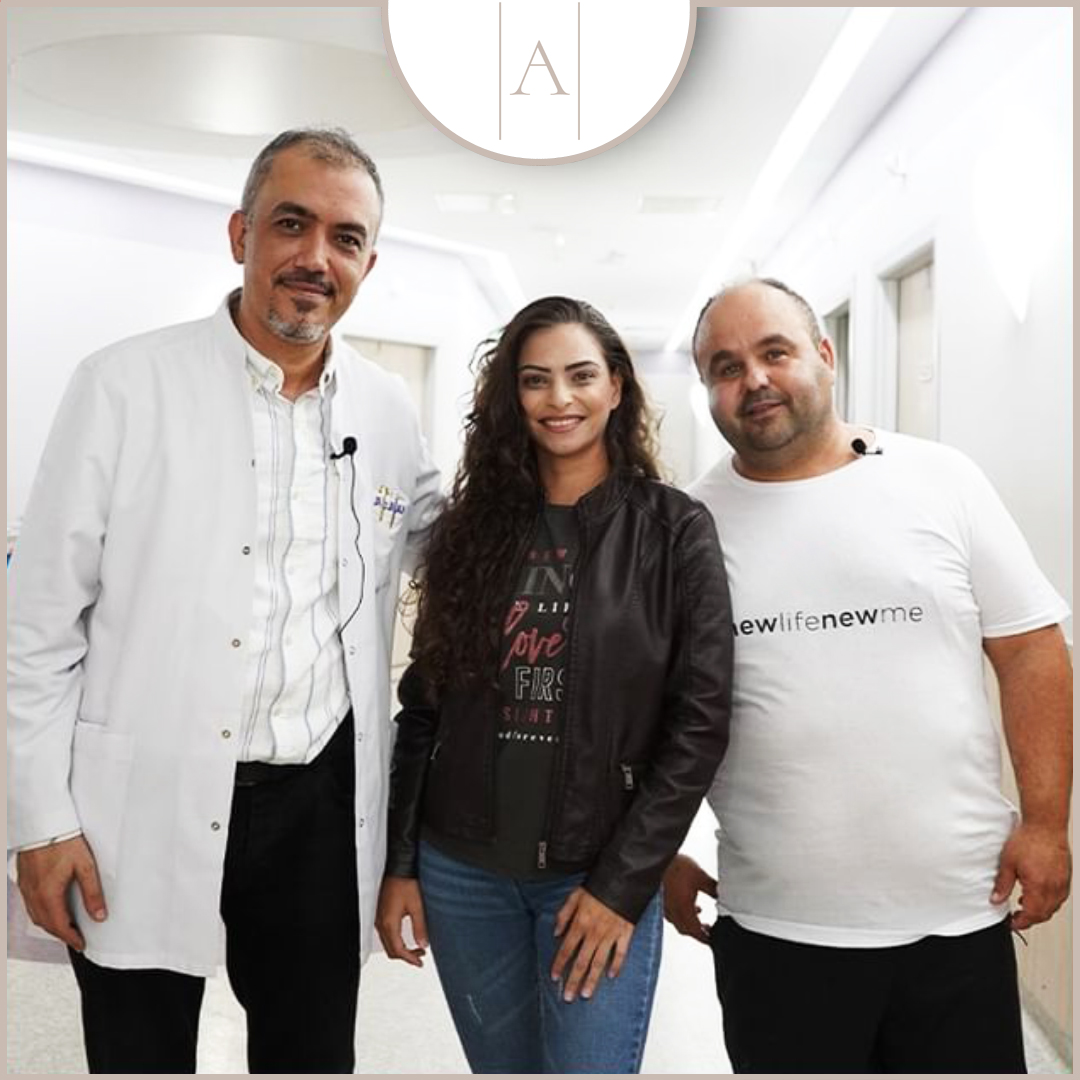
9.How long until I see the final results?
Depending on the surgery you have, results can be affected by how carefully you follow their aftercare plan. After a nose job, it can take seven days to see initial results and three weeks to see the final overall result. But for non-invasive procedures like dermal fillers, there is almost no downtime or recovery, and you can see results within two days. Whatever procedure you have, an aftercare plan is provided to ensure you get the best results possible.
If you’re ready to get started on your journey to an enhanced version of you, book a free, no-obligation consultation with our friendly team. We offer bespoke cosmetic packages wrapped up into a luxury holiday experience, all for 30% to 50% less than you would pay in the UK or Australia. Find out more about our pricing.